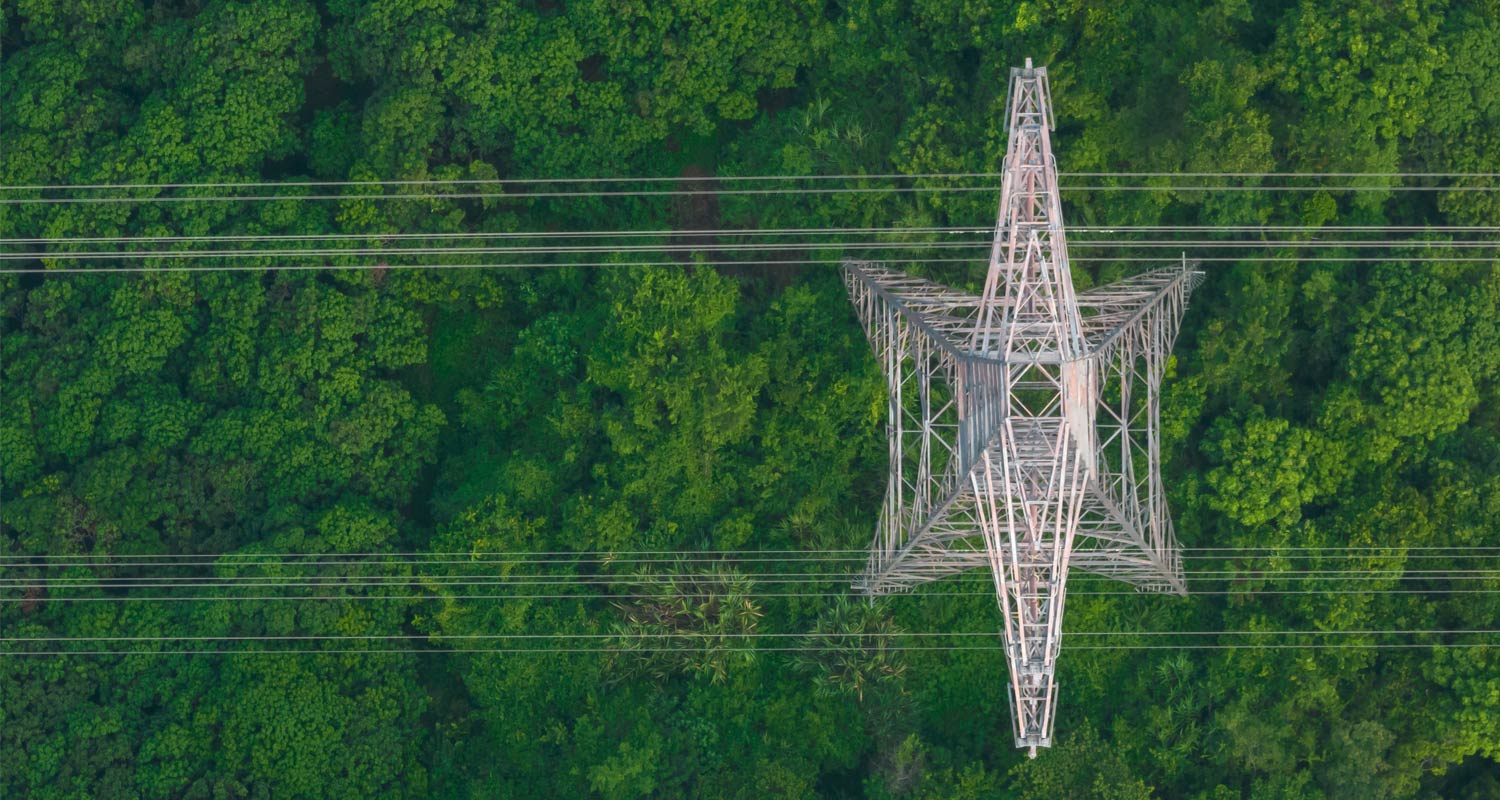A hundred and seventy years later, Charles Dickens' words in Hard Times 1854 resonate profoundly as South Africa stands on the brink of a brutal 40 electricity price increase and grapples with a staggering 34 unemployment rate. What consumers, businesses and government need now is a candid reckoning with the facts that will shape our nation's future.
South Africa faces urgent challenges - energy insecurity, climate change, soaring unemployment, stagnant growth, poor educational outcomes and vast inequalities. And the impending electricity price surge highlights the critical need for affordable and reliable energy solutions at every level of consumption.
While the country may be dodging the crippling effects of load shedding, thanks to the uptake of solar and other renewable sources in residential and industrial markets, this fragile balance is a major structural constraint on economic growth. It hampers the attraction of long-term green investments, along with the jobs, skills and hope they bring. Imposing a 40 electricity tariff increase on an already burdened populace will jeopardize growth on multiple fronts.
Incentives like tax deductions for solar investments - such as those introduced in section 12BA of the Income Tax Act in 2023 - are crucial for driving private sector engagement. By extending this incentive for an additional two years, treasury can attract both local and global investment by offering substantial tax benefits for solar installations. This would catalyse a wave of investment that addresses our energy crisis while creating jobs and stimulating economic growth.
Countries like India exemplify the transformative power of strategic solar investment. Through ambitious policies and significant government incentives, India rapidly expanded its solar capacity, creating millions of jobs and reducing reliance on fossil fuels. South Africa has a similar opportunity to harness solar energy for growth and job creation. A flourishing solar sector can generate thousands of jobs in manufacturing, installation and maintenance, paving the way for a more sustainable and equitable economy.












